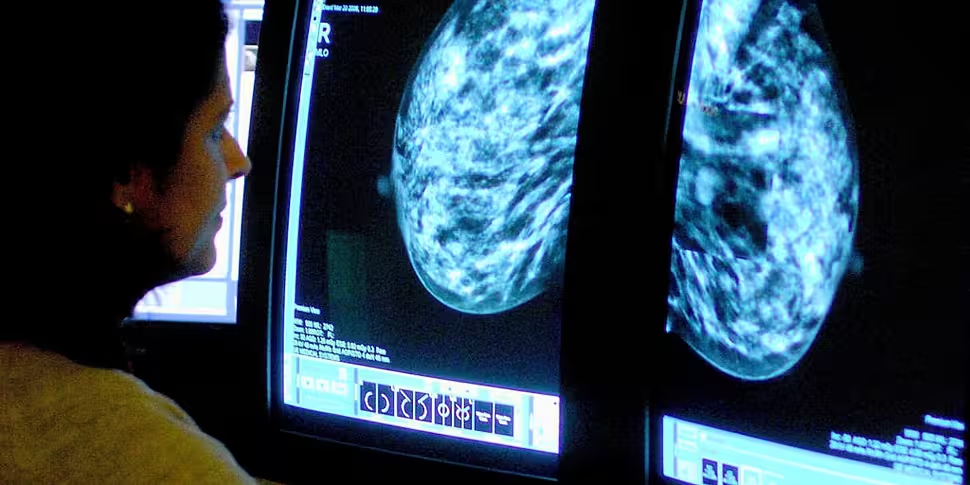There was a 4% reduction in cancer diagnoses for 2021, compared to what was expected that year.
The latest annual report from the National Cancer Registry has put the difference down the impact of the COVID-19 pandemic.
Early indicators suggest a return to expected rates of cancer diagnoses in 2022.
For 2020, the first year of the pandemic, the shortfall of cancer diagnoses on projected cases was estimated at 10% for both men and women.
Cancer registration for cases diagnosed in 2021 is now said to be essentially complete.
However some late records are still expected, as it takes up to five years after the end of a given calendar year before each element of cancer data is received, checked and validated.
"The shortfall on projected cases in 2021 was 4% (7% for males; 1% for females) where registered cases in females fell within the expected range based on pre-2020 cancer trends," the report said.
For 2022, with registration still ongoing, the shortfall on projected cases was estimated to be 9%.
Invasive cancers
The report also found that the number of invasive cancers - excluding non-melanoma skin cancers - presenting as an emergency was estimated at 14% during 2016 to 2019, down almost 6% since 2002.
This fall from 20% to 14% was seen between 2002 and 2009, after which no further reduction was seen.
The report also found older people experience a higher cancer incidence and lower survival compared to other age groups.
Poorer outcomes in older age groups are shown to be particularly true for oesophageal, liver, pancreatic, lung and brain cancers.
'Early diagnosis'
NCRI Director Professor Deirdre Murray has said she hopes their research will be a benchmark for policy makers.
"This year, the NCRI report emphasises some major themes that are core to planning for cancer control," she said.
"Life expectancy in Ireland is among the highest in Europe and we present the outcomes for cancer in older people, which will hopefully form a benchmark for policy makers and service planners in their work.
"Equally, we highlight the benefits of early diagnosis on cancer outcomes by cancer type and finally we report on cancers presenting as an emergency, both key indicators of cancer control," she added.
The NCRI said the reductions in diagnoses for 2020 and 2021 were likely a result of pandemic-related impacts on health-seeking behaviour among people, disruptions to cancer control services and COVID-19 related deaths among people who would otherwise have gone on to be diagnosed with cancer.









